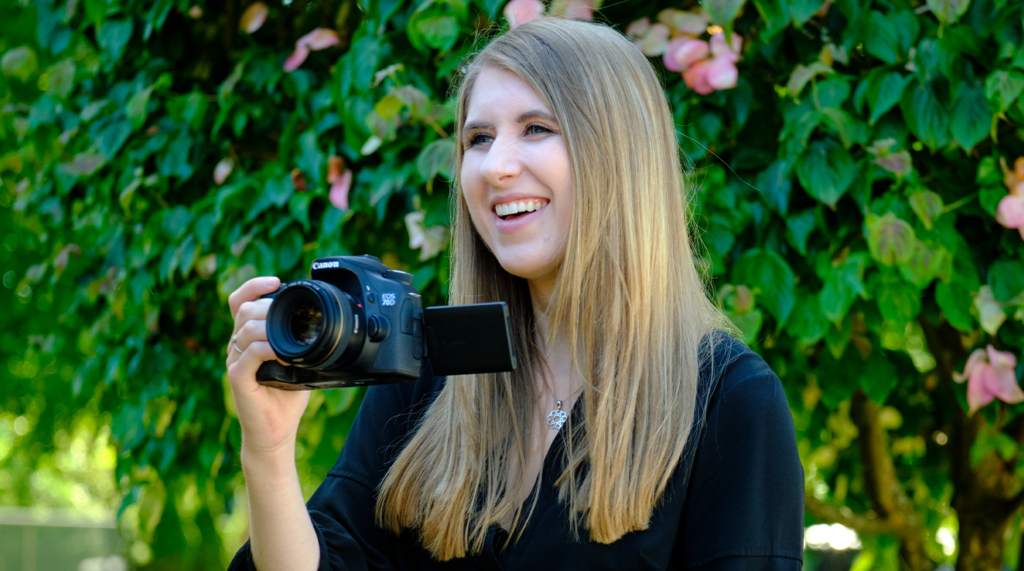Page 131 • (2,072 results in 0.094 seconds)
-
Past: Slovakia’s Turbulent Relationship with the First Slovak Republic and the Holocaust” Austin Karr Anna Marko, “The Application of the “Bloodlands Theory” to the Great Lakes Region of Africa and the Tutsi Diaspora” Anna Marko Convener: Dr. Rona Kaufman, Professor of English, Director of First Year Experience Program, Director of the Writing Center, PLU 1:45 - 3:30 p.m. – Vichy and Colonial North Africa, AUC Regency Room Terrence Peterson, “Vichy and the Jews of Tunisia at the Crossroads of
-

have played in human societies. These three topics not only make history bigger and more interesting than it traditionally might be, but the courses offer useful insights into how humans interact with the innovations that we have come to value today (or love to hate). Many of the forces and ideas that are visible in today’s global economy come from these developments. Why I am majoring in History I am a History major at PLU because I feel that the program gives me great skills in research, writing
-
medicine to business. They wonder how you can tell good art or music from bad. And they explore connections among diverse areas of life and experience, and between academic disciplines. Undergraduate study in philosophy is not meant to train you specifically for a first job. Instead it serves to sharpen basic skills in critical thinking, problem solving, research, analysis, interpretation and writing. It also provides critical perspective on and a deep appreciation of ideas and issues, including those
-
are typically 6-8 years in length. They are organized to give students strong theoretical and methodological training. Students spend a significant amount of their time in a doctoral program pursuing independent research projects; any student thinking about pursuing a Ph.D. should have a strong interest in academic research. Students spend the first 3-4 years of the Ph.D. program satisfying course requirements, writing the thesis (usually defending the thesis at the end of the 2nd year), and
-

that they needed to have. As a teacher, I want to inspire others. But, now with the internet, they can get [information] without you. And they know that. [Laughs] Whatever brings you together in the classroom—it’s a big moment. Athena Gordon is a senior, double-majoring in Sociology and English (emphasis in nonfiction writing). This fall, she is enrolled in HISP 201 (taught by Dr. Ortigas), planning her sociology research project, and writing a personal memoir. After graduation, Athena is looking
-
trading analysts who only had finance backgrounds lacked. I soon became the go-to person for anything research and writing related on my team, thanks largely to the experience I had writing my economics capstone paper on the Affordable Care Act. I am deeply grateful for the education I received in the economics program, and know it was a key contributor to my career success. Paige Griffith, 2013I graduated from PLU in 2013 with a B.A. in Economics and Political Science. I first started my
-

Breaking down Fences Posted by: Marcom Web Team / April 2, 2018 April 2, 2018 By Thomas Kyle-MilwardPLU Marketing & CommunicationsPLU junior’s first production fields university’s first all-black castJosh Wallace ’19 wanted to do something different for his directing debut with PLU Theatre. A creative who also dabbles in acting, music and art, the junior figured the time was right to take on a challenge ― put together the university’s first all-black cast for a production of “Fences,” a play
-

career in communications?The Department of Communication, Media & Design Arts offers a strategic and creative curriculum to prepare students for careers in diverse fields, including print and digital design, journalism, PR & advertising, film & media production, and studio art. Keep reading to learn more! Read Previous New Student Orientation & Move in day Read Next New Lutes share their hometown LATEST POSTS Stuart Gavidia ’24 majored in computer science while interning at Amazon, Cannon, and Pierce
-

one of the biggest things,” she says. In her extremely busy, multifaceted role, Lisa often hears that she brings calm and peace. “We work in a very chaotic environment, so bringing a sense of stability and a sense of peace is something valuable. I hear that feedback a lot.” Woods can also translate between different groups of people, so they can hear what the others are saying. “I think it’s a gift because of my creative, big picture perspective,” she says. “I’m just listening for aspects of that
-
develop resilience-based policies? What are examples of effective and creative responses for nurturing resilience beyond the trauma of devastation? What might these responses teach us about the nature and dimensions of resilience? Possible topics include, but are not limited to: Biological and ecological resilience Case Studies in post-trauma resilience Class, ethnicity, race and/or gender and resilience Disaster risk-reduction and resilience Genealogies of resilience Interconnections among individual
Do you have any feedback for us? If so, feel free to use our Feedback Form.


